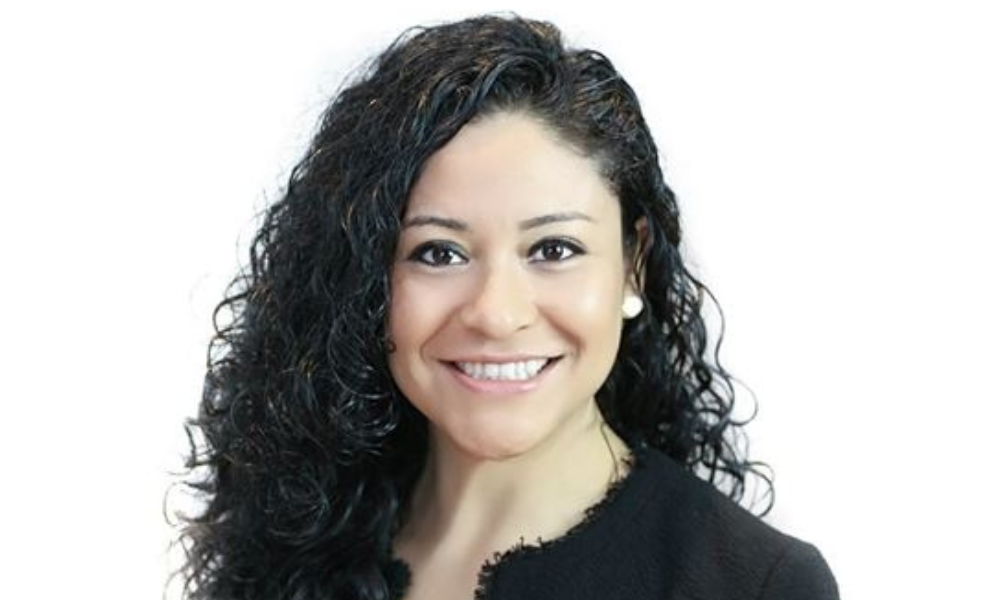'Everyone is talking about technology, low fees, and how, as a dealer, we don't forget the main factor'

Technology is changing almost every aspect of the wealth sector – transforming archaic, outdated practices with sleek, streamlined strategies. However, while the digital transformation is taking over, there’s one aspect of the industry that will always remain the most important.
The people.
“Everyone is talking about technology, low fees, and how, as a dealer, we don’t forget the main factor,” says Maria Flores, president of Carte Wealth Management. “Our advisors...prioritize building meaningful relationships that offer personalized financial planning to their clients.”
Flores is clear that technology and human advisors are not in competition; instead, the integration of both enhances client experiences.
“We use technology to enhance our services," she explains. This technological support allows advisors to perform deeper analysis while still focusing on the personal touch that clients expect. Flores’ approach is straightforward: combine tech-based insights with human empathy and understanding, ensuring clients receive tailored financial solutions.
“Not every client is going to have the same...goals when they retire.”
While low fees have become a central concern in the financial services industry, Flores stresses that this shouldn’t come at the expense of transparency.
“Transparency becomes something at the very top,” she explains, pointing out how fee disclosures are essential in building long-term trust with clients. Carte Wealth has focused on educating advisors on fee structures, particularly as regulatory changes loom, like the anticipated 2026 total cost reporting.
The flexibility of offering both mutual funds and ETFs allows advisors to cater to a broader range of clients, ensuring that they remain competitive in a market increasingly defined by cost-consciousness. This adaptability not only attracts new clients but also supports the advisors themselves, who must balance providing personalized advice with maintaining profitability in a competitive market.
However, the shift in client expectations doesn’t stop with product offerings. Flores recognizes the importance of attracting new advisors while supporting established ones. She acknowledges that younger advisors face challenges in a market where fees are squeezed, making it harder to build a sustainable business.
“It’s difficult for them to make a living if you charge...a front-end 1% trail or fee,” she adds, highlighting that new entrants into the advisory field often struggle to compete on cost alone.
To address this, Carte Wealth has developed partnerships with robo-advisory platforms like Just Wealth, which Flores describes as a solution for clients with smaller accounts or more basic financial needs.
"The advisor has the view of what’s going on," she says, ensuring that the human element isn’t entirely removed from the process, even when automation is involved. This hybrid approach allows advisors to direct clients to robo-platforms when appropriate, while still maintaining a relationship with the client.
“It’s a way of saying: ‘We’re not referring to the banks,’” as Flores adds, ensuring that independent advisors retain control over client relationships, even in lower-fee environments.
The strategic use of technology extends to handling smaller accounts. For accounts below $50,000, Carte Wealth’s advisors often recommend ticket solutions such as fund company portfolios, which reduce the compliance burden while offering diversified investment options.
“You don’t spend much time going through the process of doing a KYP and comparing fund to fund,” Flores explains, simplifying the process for both advisor and client. Yet, even in these situations, she encourages advisors not to overlook smaller accounts, recalling a client who started with a modest investment but later received a substantial inheritance.
“Imagine if the advisor said, ‘Well, unfortunately, your size doesn’t fit my criteria.’ You know, he would potentially lose that opportunity,” she points out.
In the context of market volatility, rising interest rates, and the growing interest in alternative investments, Flores underlines the importance of consistent communication between advisors and clients.
“We send the market update every week,” she adds. “When a client becomes nervous is when that client doesn’t hear from their advisor. As a dealer, we offer a range of investment options, including ETFs, allowing us to provide lower-cost solutions for clients who invest through us. We're committed to educating our team and advisors, with the expectation that they, in turn, will pass this knowledge on to their clients. We are proud to offer ETFs as part of our investment offerings.
“Our advisors need to manage the relationships. Make it simple so they can actually understand what’s going on with their investments.”



